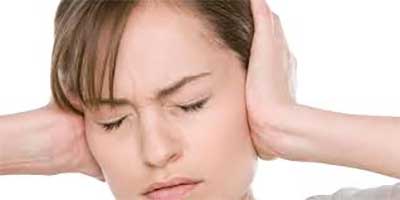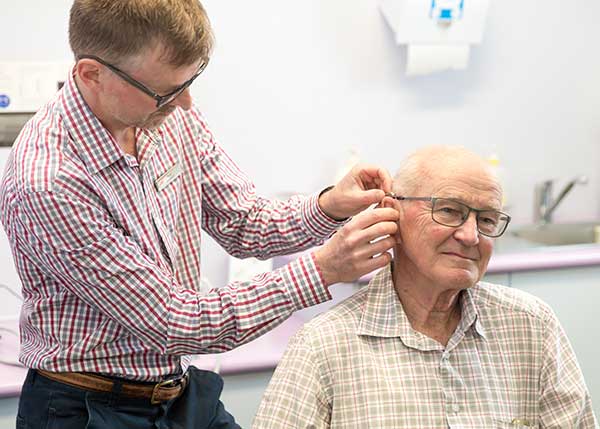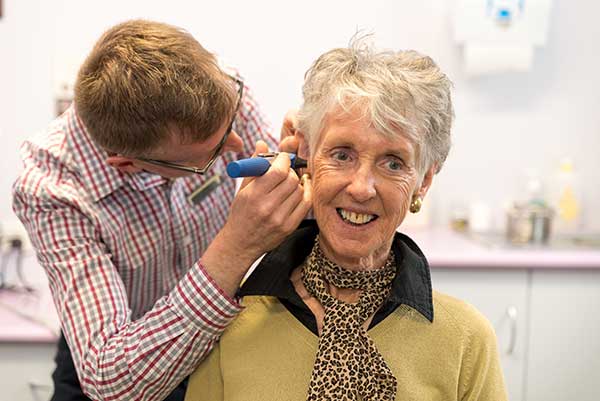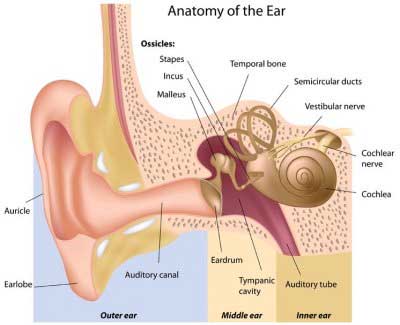Tinnitus is a physical condition, experienced as noise or ringing in the ears or head when no such external physical noise is present in the environment. Tinnitus is usually associated with the auditory system however, many lifestyle factors can impact on the perception of Tinnitus; it is a symptom, not a disease in itself.
What Causes Tinnitus?
Almost any changes in our ears can produce Tinnitus as a symptom, from something as simple as wax against the eardrum, or as serious as a growth on the hearing nerve.
A major cause of Tinnitus is the exposure to excessive noise from, for example, chain saws, machinery or live music.
What Should I Do?
It is important to have your hearing checked properly by an Audiologist; some people require referral to an Ears, Nose and Throat specialist. If you are regularly exposed to loud noise ensure you are adequately protecting your ears.
If the Tinnitus is impacting significantly on your quality of life you can book an appointment with our Tinnitus specialist.
If you have a hearing loss, hearing aids can reduce the strain of listening and distract from the Tinnitus by bringing you more environmental sounds.
Summary
Everybody's Tinnitus is individual to them, although commonly reported sounds are ringing, buzzing, whistling, roaring, humming etc. The causes of Tinnitus are many (though excessive noise and some medications are common preventable causes) and it is not always related to the ears.
In summary, Tinnitus can be complex. If it is troubling you, make an appointment with us.
What is Misophonia?
Misophonia is a strongly aversive response to certain sounds. It is not just a dislike of a sound, it can actually trigger feelings and responses of anger and rage. The sufferer may find they seek isolation to reduce the likelihood of exposure to these sounds and become hyper-vigilant about protecting their auditory surroundings.
What causes Misophonia?
It is common for people to report certain sounds, for example, sniffing, pen clicking, chewing to be annoying, but those with Misophonia can find themselves involuntarily reacting/avoiding such sounds. Generally there is a pre-existing anxiety issue, and Misophonia can be how this manifests. It is not due to abnormally acute hearing, nor a hearing deficit.
What should I do?
Given that Misophonia can impact on day to day life, seeking help is important. Discussion with a school counsellor or Psychologist is always recommended and we can offer counselling where we provide information and guidance to assist in understanding and managing this condition.
In Summary
Misophonia is not just a dislike of annoying sounds. It is a complex condition that usually co-exists with other anxiety issues. It can vary in severity and desensitisation, whilst possible, can be challenging, and require a team of support. However, most people find seeking help is beneficial.



